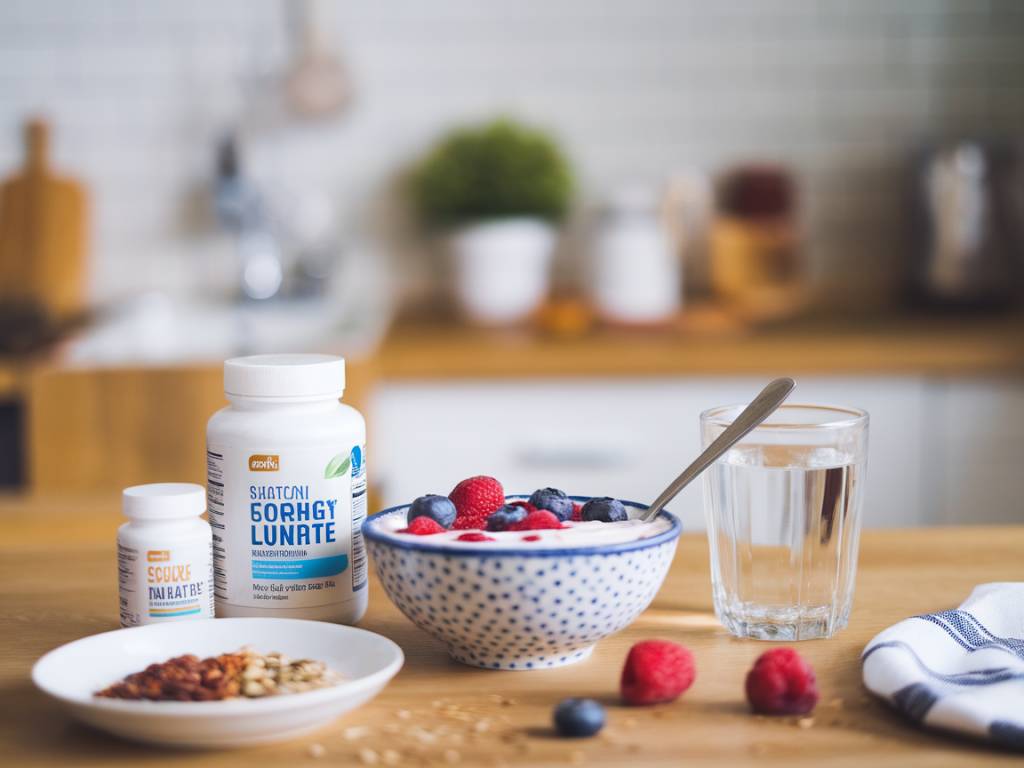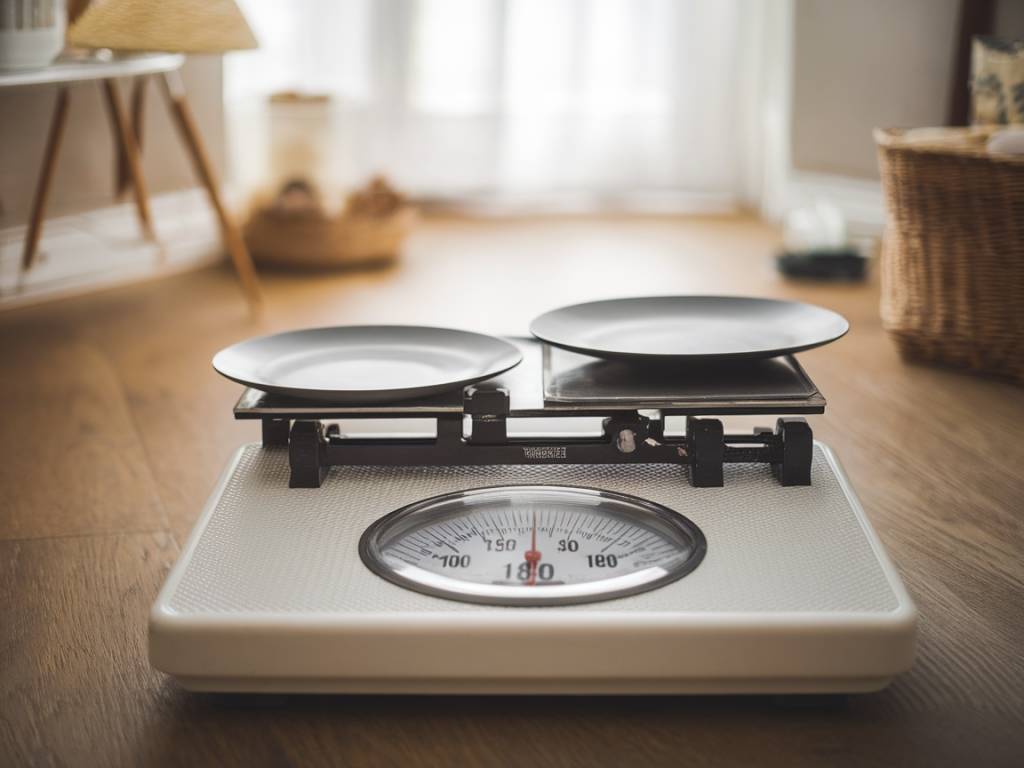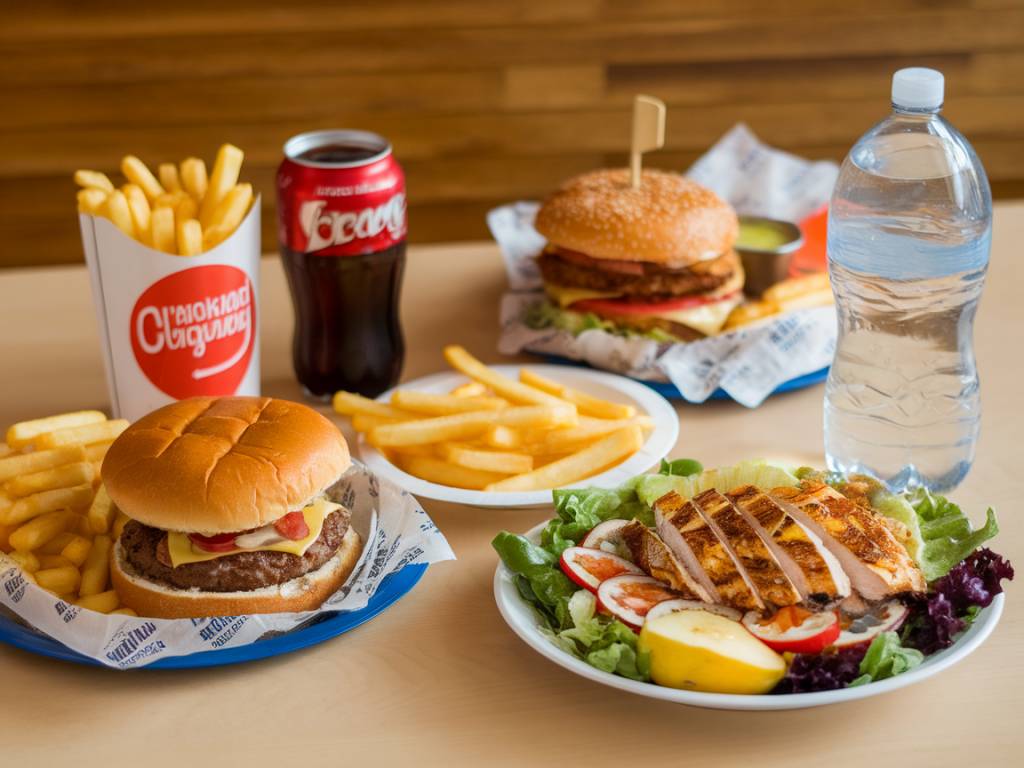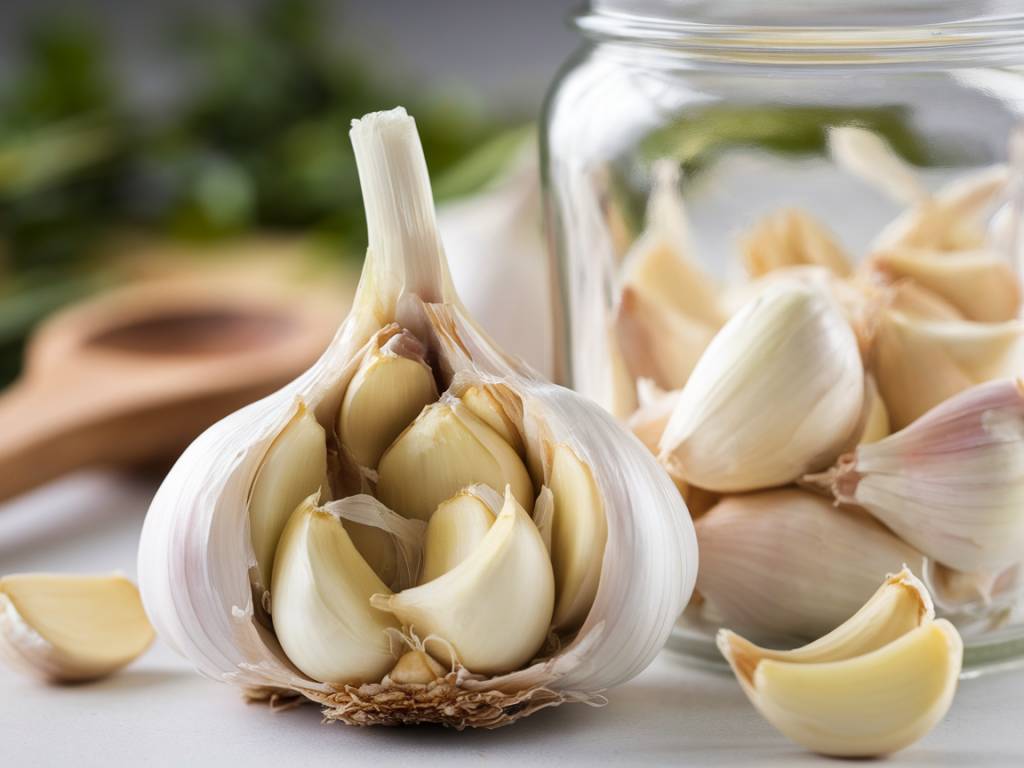Why Gut Health Matters
Did you know that your gut is home to trillions of bacteria that influence not just your digestion but also your immune system, mood, and even skin health? It’s true! The gut microbiome, a complex ecosystem of good and bad bacteria, plays a crucial role in overall well-being. When the balance of this microbiome is disrupted, issues such as bloating, digestive discomfort, weakened immunity, and even mental fog can arise.
This is where probiotics and prebiotics come into play. These gut-friendly compounds work together to support digestion, enhance gut health, and promote overall wellness. But what exactly are probiotics and prebiotics, and how do they help? Let’s dive in.
Understanding Probiotics and Prebiotics
Probiotics are living microorganisms that provide health benefits when consumed in adequate amounts. They are naturally found in fermented foods like yogurt, sauerkraut, and kimchi, and they help restore the balance of good bacteria in the gut.
Prebiotics, on the other hand, are non-digestible fibers that serve as food for beneficial gut bacteria. Found in foods like garlic, onions, bananas, and whole grains, prebiotics fuel the growth of probiotics and help them thrive.
Think of your gut as a garden. Probiotics are the seeds—introducing good bacteria—while prebiotics are the fertilizer that helps them grow strong and resilient.
The Benefits of Probiotics for Gut Health and Digestion
Including probiotics in your diet can significantly improve digestion and gut function. Here’s how:
- Restoring Gut Balance: Probiotics help maintain a healthy ratio of good to bad bacteria, which is crucial for preventing digestive issues like bloating, constipation, and diarrhea.
- Supporting Digestion: Certain probiotic strains aid in breaking down food and absorbing nutrients more efficiently, reducing discomfort after meals.
- Boosting Immunity: A healthy gut plays a significant role in immune function, helping your body fight infections and inflammation.
- Reducing Symptoms of IBS: Studies suggest that probiotics can alleviate symptoms of irritable bowel syndrome (IBS), such as abdominal pain and irregular bowel movements.
- Promoting Mental Well-Being: The gut-brain connection is real! Probiotics may help reduce anxiety, stress, and even symptoms of depression by influencing serotonin production.
The Power of Prebiotics in Gut Health
While probiotics introduce beneficial bacteria to the gut, prebiotics create the perfect environment for them to flourish. Here’s why prebiotics are essential:
- Nourishing Good Bacteria: Prebiotics act as food for probiotics, ensuring that beneficial bacteria multiply and maintain gut balance.
- Improving Digestion: By increasing beneficial gut bacteria, prebiotics help promote regular bowel movements and prevent digestive discomfort.
- Enhancing Nutrient Absorption: A healthy gut microbiome improves the absorption of essential vitamins and minerals, such as calcium and magnesium.
- Reducing Inflammation: Prebiotics can help lower inflammation in the gut, which is linked to conditions such as digestive disorders, obesity, and even cardiovascular disease.
How to Incorporate Probiotics and Prebiotics into Your Diet
Looking to boost your gut health naturally? Here are some easy ways to incorporate probiotics and prebiotics into your daily routine:
Probiotic-Rich Foods
- Yogurt: One of the best sources of probiotics, containing live and active cultures.
- Kefir: A fermented milk drink packed with diverse probiotic strains.
- Sauerkraut: Fermented cabbage loaded with natural probiotics and fiber.
- Kimchi: A Korean fermented dish that supports digestion and gut health.
- Miso: A traditional Japanese paste made from fermented soybeans, great for gut health.
Prebiotic Foods
- Garlic: Contains inulin, a type of prebiotic fiber that promotes beneficial bacteria growth.
- Onions: Another great source of inulin and gut-friendly fiber.
- Bananas: Rich in resistant starch, which serves as a food source for probiotics.
- Oats: Contain beta-glucan, a fiber that supports healthy gut bacteria.
- Legumes: Beans and lentils provide prebiotic-rich fibers that feed probiotics.
Should You Consider Probiotic Supplements?
While getting probiotics from food is ideal, some people may benefit from supplements, especially those who:
- Have recently taken antibiotics, which can disrupt gut bacteria.
- Experience frequent digestive issues such as bloating and irregular bowel movements.
- Have a diet low in fermented foods.
When choosing a probiotic supplement, look for one that contains multiple strains of bacteria, has a high CFU (colony-forming unit) count, and is free from unnecessary additives.
Final Thoughts on Gut Health
Your gut is the foundation of your overall health, impacting everything from digestion to immunity and even mental clarity. By incorporating probiotic and prebiotic-rich foods into your diet, you provide your gut with the support it needs to function optimally.
Whether you’re sipping on kefir in the morning, adding fermented foods to your meals, or ensuring your fiber intake includes plenty of prebiotics, small changes can lead to big health benefits. So, are you ready to give your gut the love it deserves?



